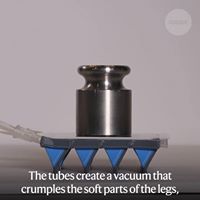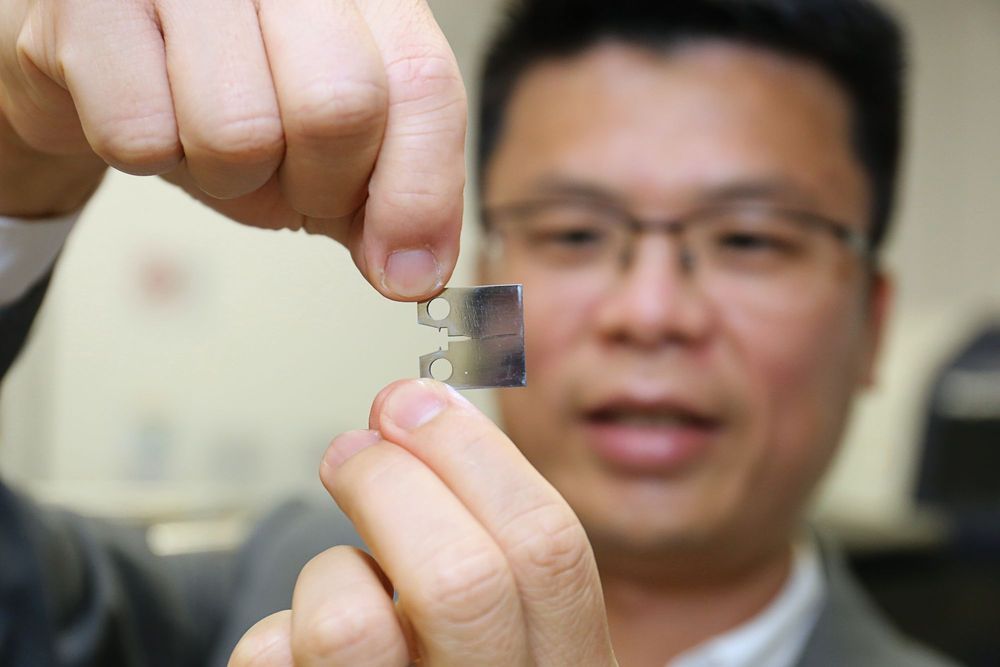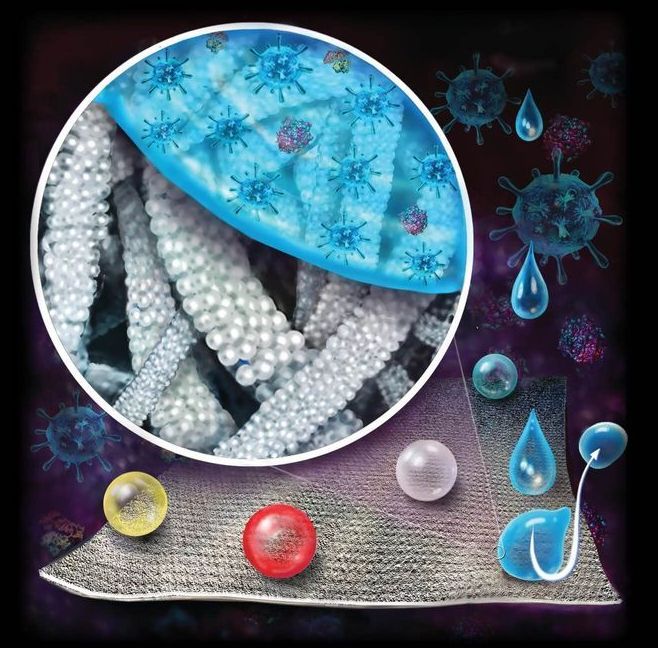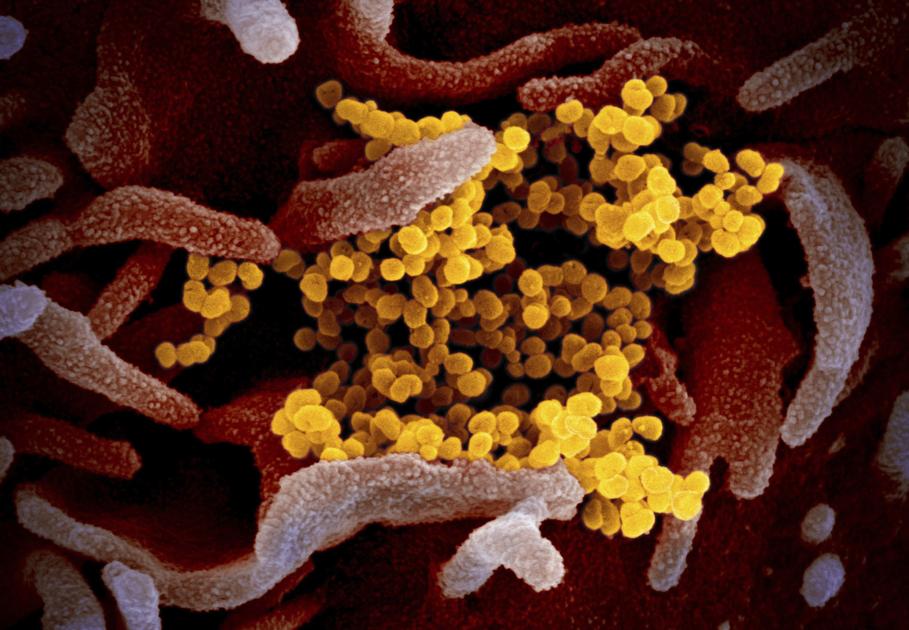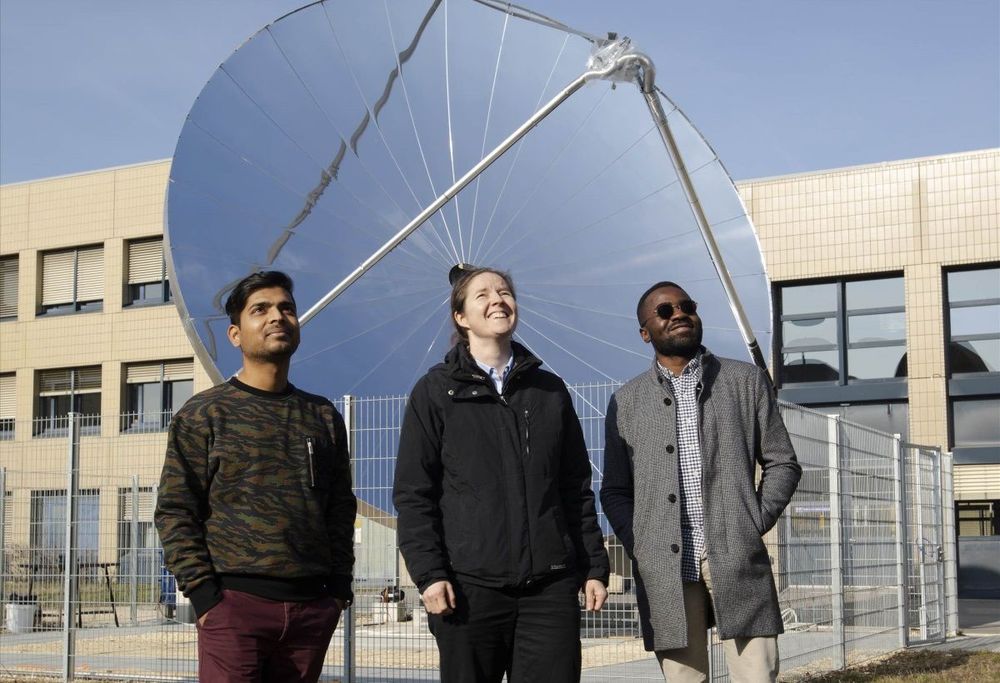
Hypothetical COVID-19 Treatments.
The virus causes clotting everywhere and widespread epithelial damage. One is tempted to treat it like stroke prophylaxis. Patients clot rather than bleed, almost always. The same thing happens in influenza, also.
The pro-clotting effects of corticosteroids may be a reason why they have not stood out yet. The profound anticlotting treatment necessary to treat patients with ECMO extracorporial oxygenation in COVID-19, might have its own therapeutic value (it’s not just the artificial lung but the heparin they need to put you on it!). The lungs of COVID-19 patients in trouble are not only full of fluid, but macro and micro-emboli. Low molecular weight heparin, given in all ICUs, looks like a good gamble.
Aspirin if not contraindicated. Also even Plavix (clopidagrel) for patients with D-dimer showing.
The w-3 fatty acids in fish oil are anti-inflammatory in ways that inhibit clotting, and have been used against shock lung and other inflammatory lung pathologies. Work on COVID-19 is continuing but all are in the hypothetical pipeline.
Drugs which in theory modulate inflammation and clotting in the right direction would be Ca-blockers (particularly verapamil) and ACE-1 inhibitors (particularly lisinopril). The anticlotting antiinflammatory pentoxiphylline (Trental) looks interesting. Trental decreases inflammasomes along with azithromycin (do not exceed recommended dose!), long of interest in COVID-19. Doxycycline and minocycline have specific antiinflammatory activity synergistic with azithromycin.
